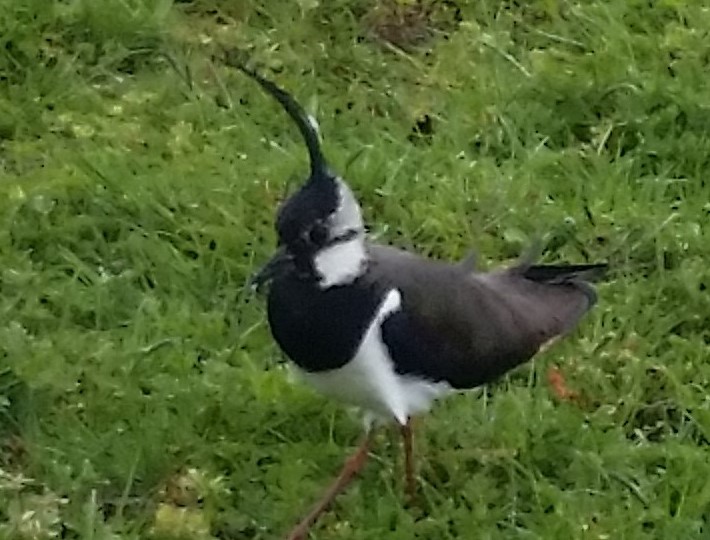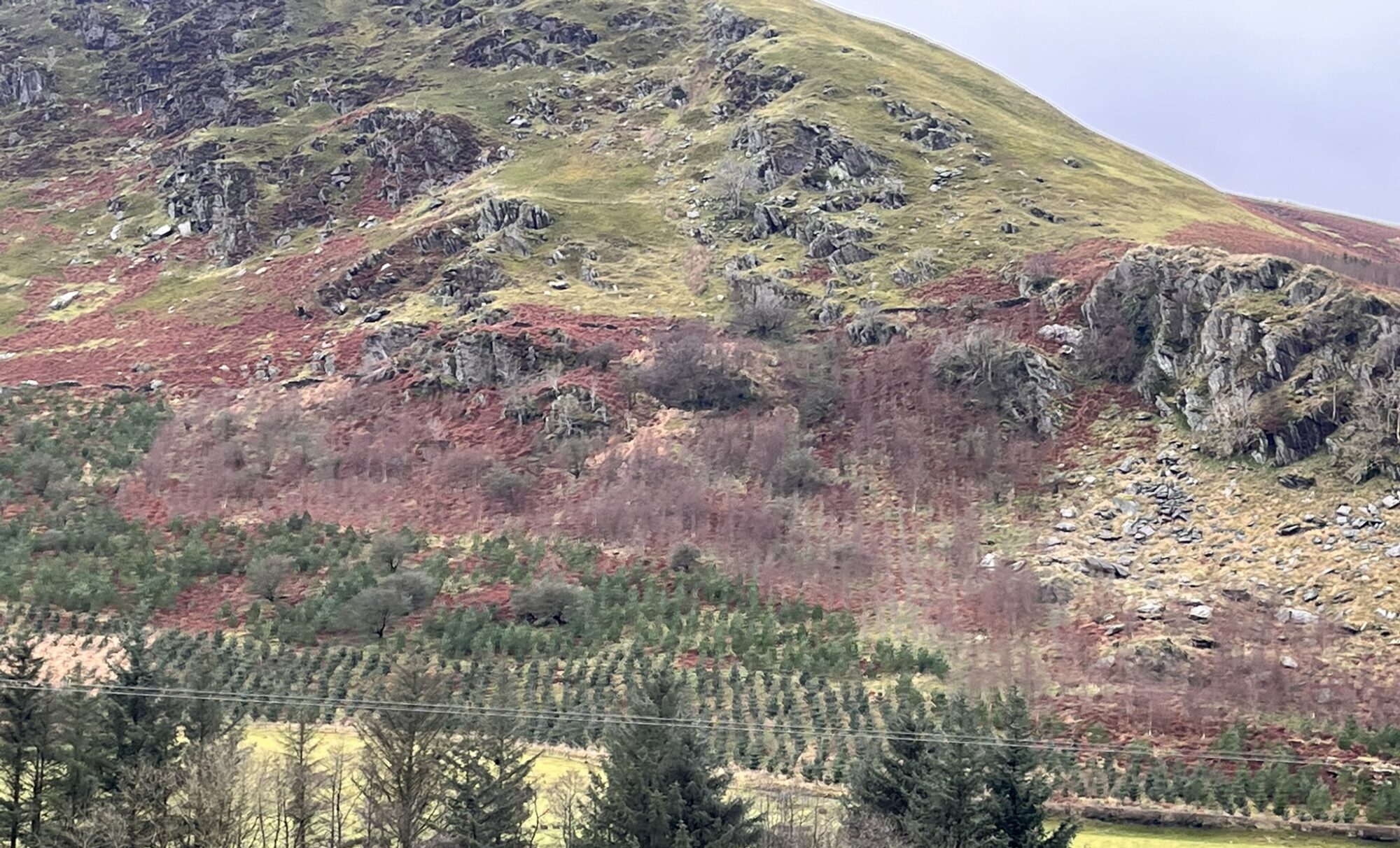I’ve been coming up against a lot of fear recently. Fear of hearing about rewilding, fear of talk around predator control, fear within politics. We can outwit it.
No one has said anything explicit, but I perceive there are some that dislike my providing the issue of rewilding with any airtime at all. The label, similar to the semantics surrounding genetic modification (GM), conjure up whole rafts of prejudice on how we approach the issues: GM = frankenfood; rewilding = large carnivores; GM = corporate ownership; rewilding = anti-farmer.

Drama helps. Try getting people to a discussion on ‘Changes in upland practices via process-led conservation’ – sorry, few would; that’s why my ‘rewilding’ conversations in local village halls seek to engage upland farmers on lateral thinking about land use changes ahead.

Nature is full of fear. It’s called survival. Ecology of fear. Down on the marshy flatlands of Elmley in north Kent, marsh harriers stir up local wader populations every few hours. The density of lapwing and redshank nests on this privately managed National Nature Reserve is remarkable. Good habitat complimented by bespoke predator management. Fear removed with hedgehogs relocated, carrion crows dispatched, foxes diverted by fences and stoats trapped. We fret over declining populations of curlews as conservation organisations are gripped in a fearful paradox of losing members if they utilise lethal control to save birds.
It amuses me, in a human-dominated world, how we call on nature to undertake its own self-regulating ‘cull’ – heads up at night for these eyes.
Hen harriers, watch out for those reintroduced golden eagles in southern Scotland…

In a media dominated world, MPs express concern that powerful, single issue social media campaigns threaten the ‘without fear or favour‘ atmosphere required for politicians to exercise judgement in deciding on policy and public expenditure. Ministers want to be led by evidence-based policy, but wobble in framing it within a socio-economic context reflecting a diverse range of voters’ interests on complex conservation issues.
We can outwit our fear of change, step away from tribal instincts to investigate how both rewilding and good moorland management can deliver public benefits to an increasingly ‘multi-outputted‘ countryside.
[Revised June 2017]
